Over the past few years, you may have heard many people state that their allergies have been getting worse. You, yourself, may have thought this to be true. Now, a scientific study has proven this fact.
A new study has revealed that climate change has increased and lengthened the pollen season in North America. As a result, this has made many people have harsher allergies.
Allergy Season Is Longer

According to this new study, the pollen season in North America is now longer and more intense. The period where pollen concentrations are at their highest has now been extended to an average of 20 more days.
This study has also shown that there has been a 21% rise in pollen from 1990 to 2018. An increase in pollen concentrations can lead to harsher allergy symptoms.
Global Warming Affects Pollen
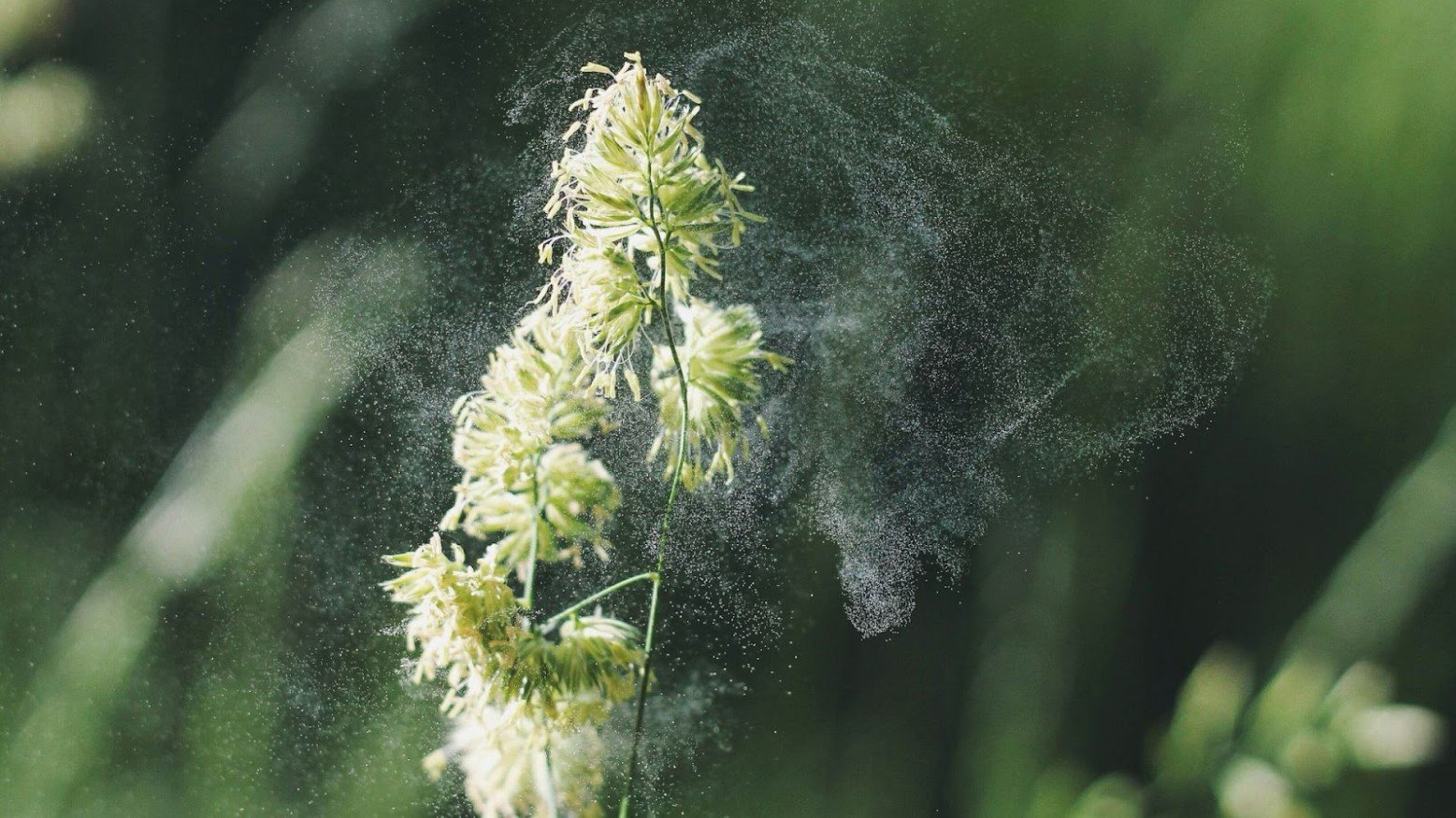
This study proves the ongoing theory that global warming is impacting people’s allergies. Global warming allows the temperature around the planet to rise. This rising temperature stays around longer than normal.
The longer periods trees and plants have that are freeze-free days, the more time they have to flower and release pollen.
People Have Worse Allergy Symptoms
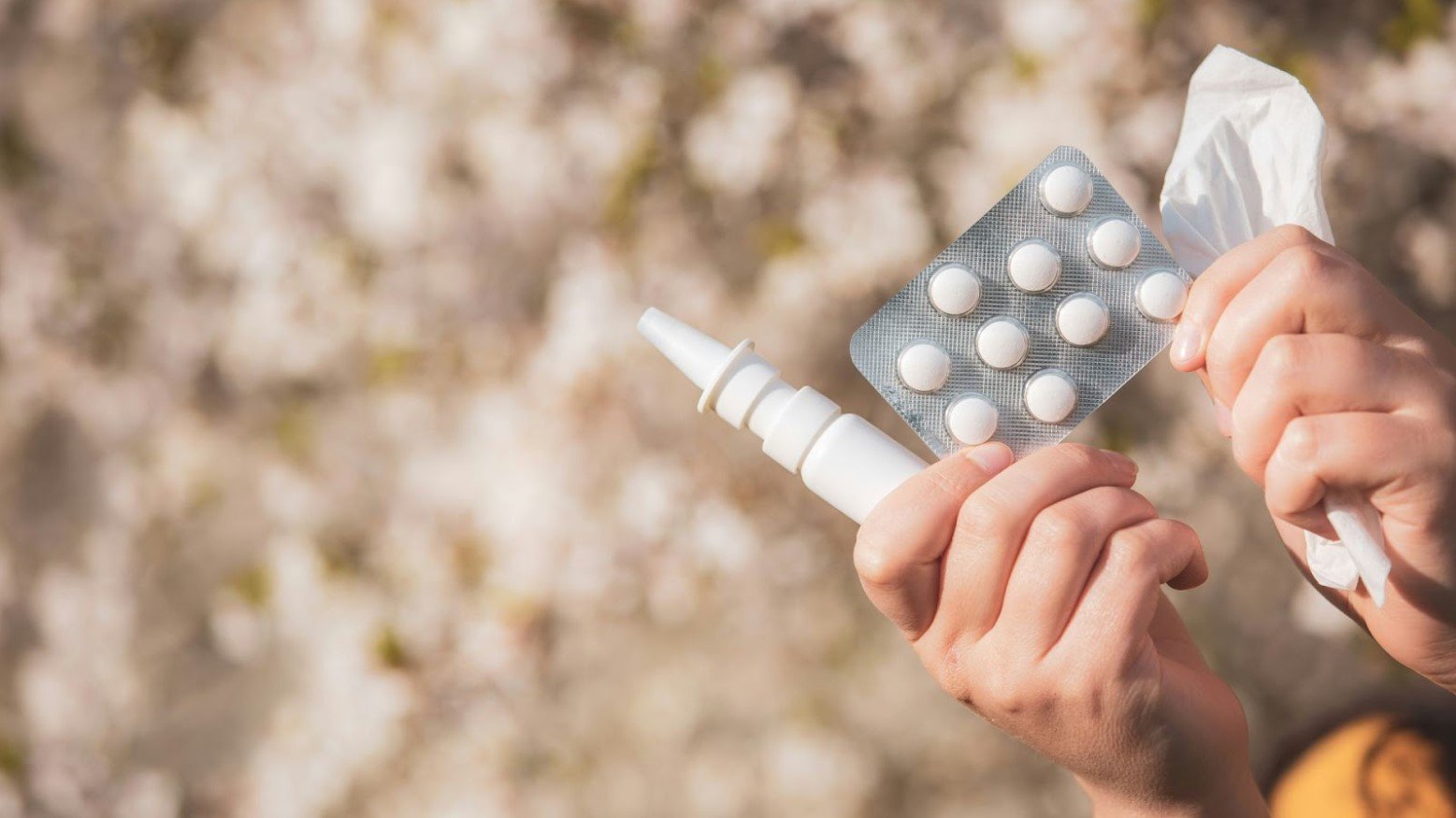
For years now, many people have claimed their allergy symptoms have been getting worse. Now, this study helps shed some light on why this may be happening.
As pollen concentration has increased in the last few decades, more pollen has been in the air. The higher the pollen concentration, the more likely one’s allergy symptoms will be more severe or noticeable.
People Having Allergies for Longer
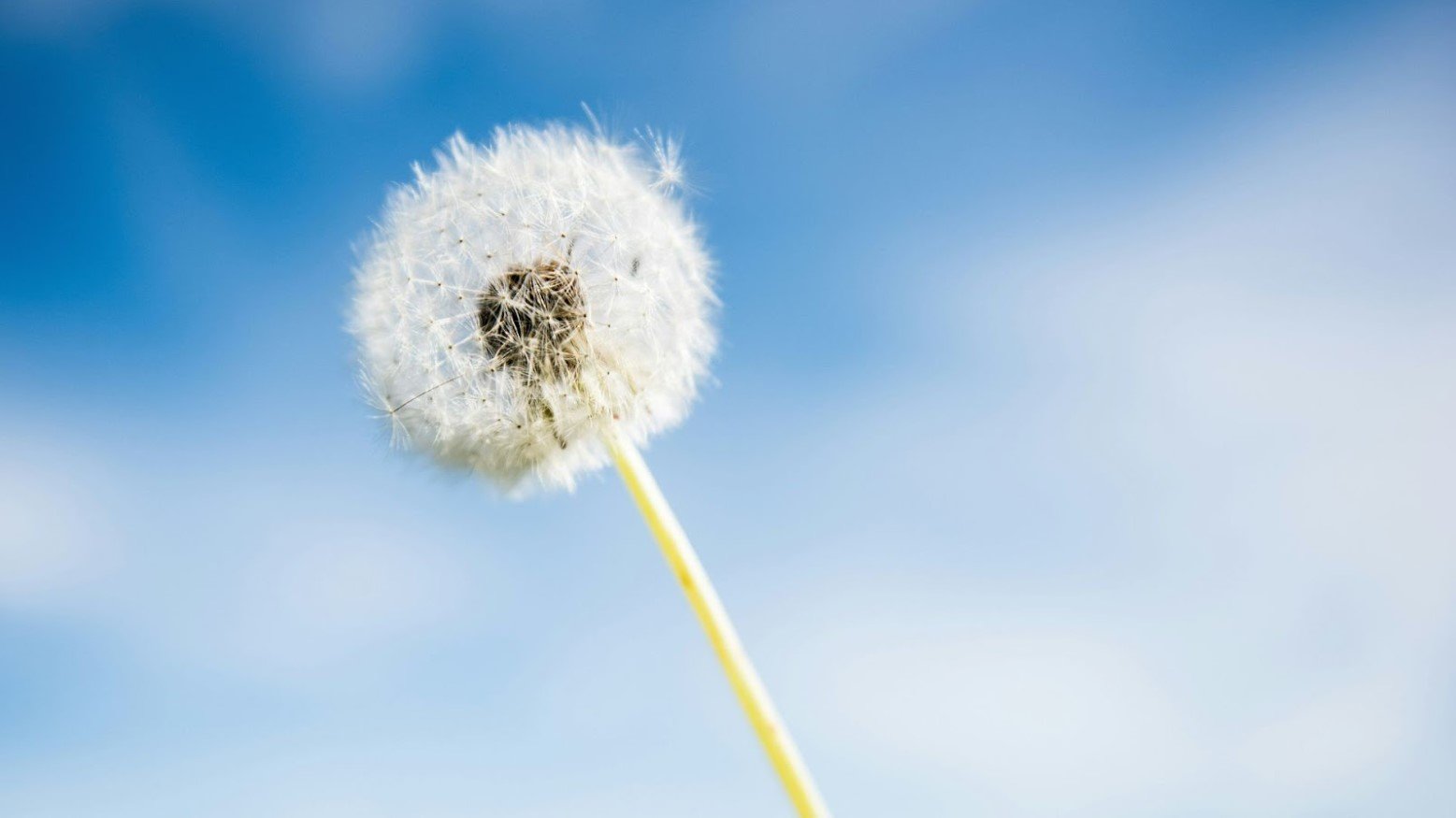
Those who have long suffered from allergies may have also noticed they’re getting symptoms earlier — and for longer — than they’re used to.
The study also explains this. As the planet is getting warmer quicker, and then staying hotter for longer throughout the year, plants and trees have more time to release pollen. Therefore, people may start developing symptoms earlier than they did two decades ago.
People Developing New Allergies

For some in the United States, they’ve never had seasonal allergies. Then, suddenly, in the past few years, they’ve started to have allergy symptoms.
“I never had them when I was younger and then like two years ago I started getting watery eyes, and like a little stuffy nose, nothing crazy,” India Shore told WUSA9.
The Development of Allergy Symptoms
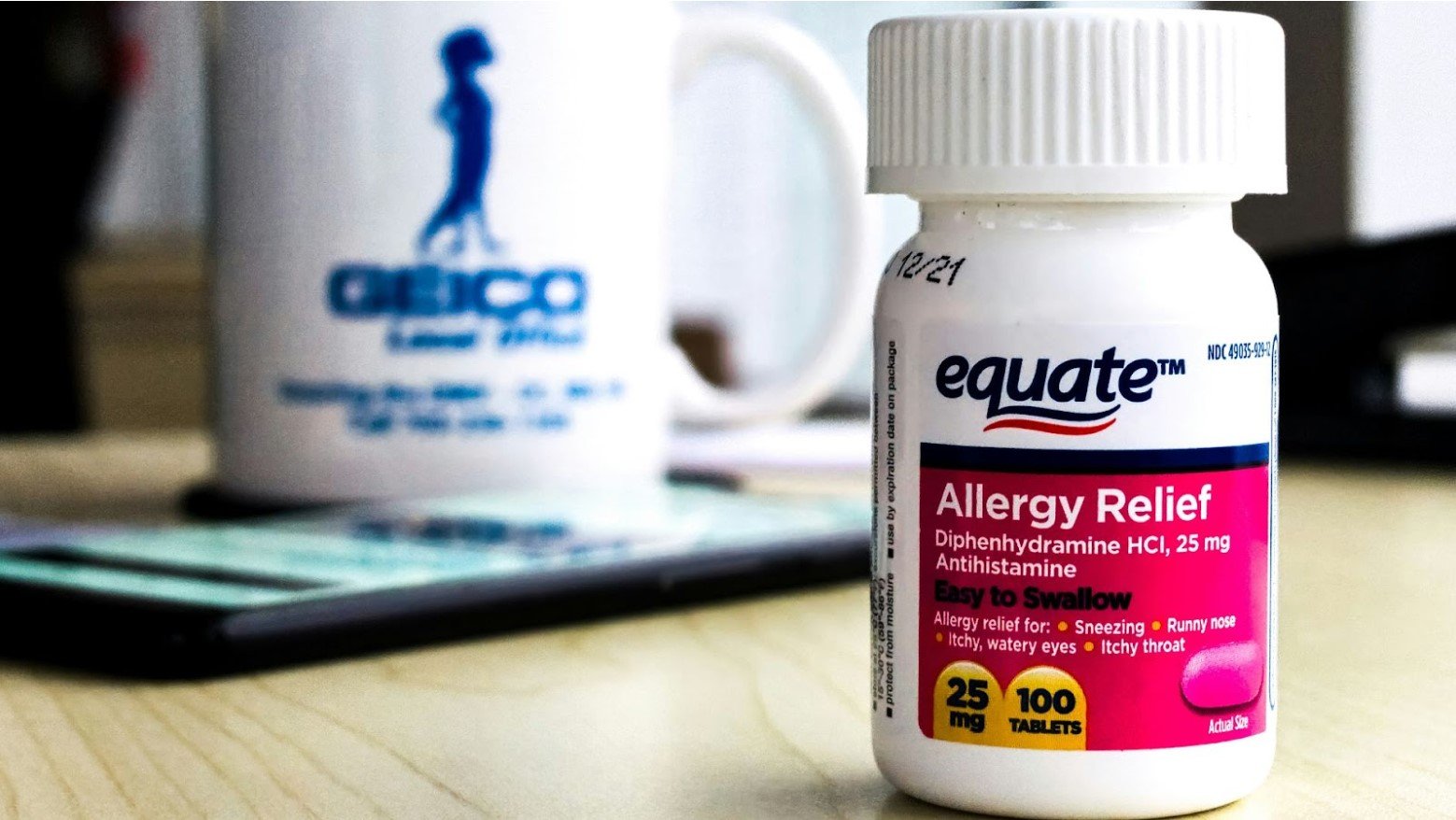
For those who’ve never had seasonal allergies before, the development of them may come as a shock. Previously, scientists claimed there were a variety of reasons why adults may gain allergies they never had before later in life.
However, this study reveals another reason — climate change is impacting pollen concentration. “I feel like last year specifically was the first year I was like, this feels a lot worse,” Claire Altendahl said to WUSA9.
A Change in Pollen
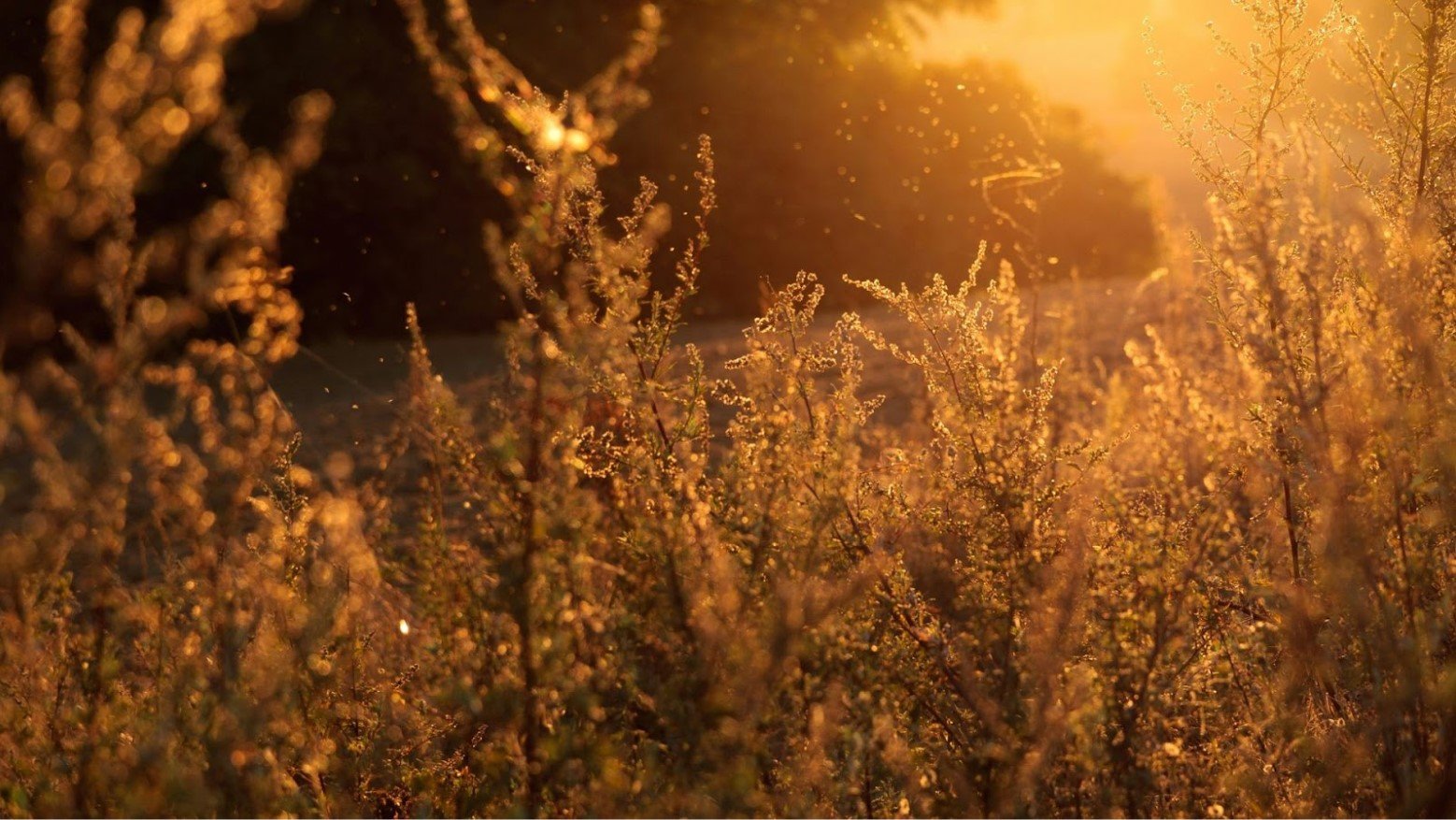
More studies have been done recently that take a look at pollen itself. These studies have found that these tiny particles can produce more symptoms in people, as it’s more allergenic than scientists originally thought.
Dr. Neelu Tummala, an ear, nose, and throat doctor at George Washington University School of Medicine, as well as the co-director of the Climate Health Institute, said that pollen now is more allergenic.
More Allergy Symptoms
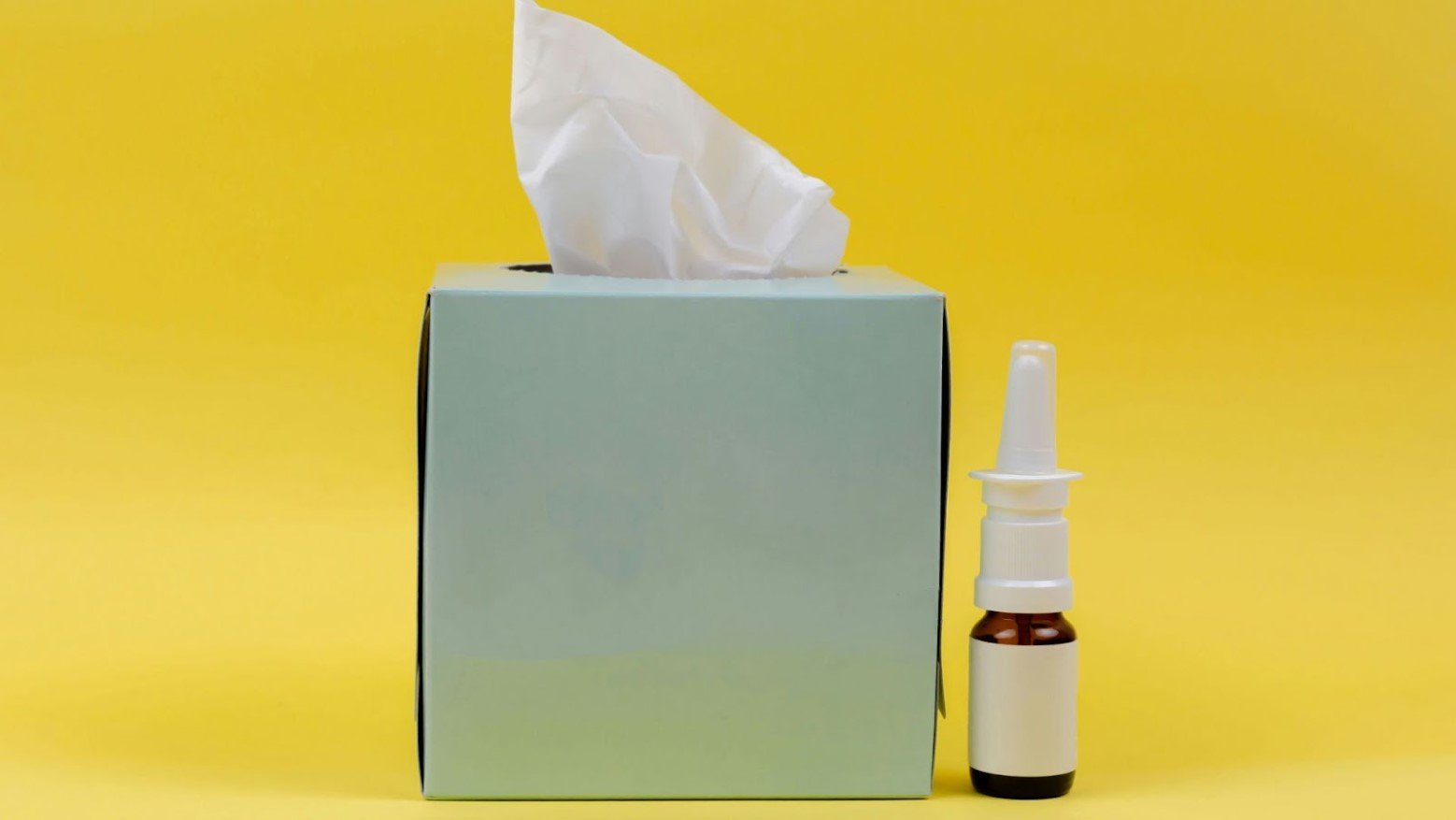
“Pollen now tends to produce more symptoms of sneezing, nasal congestion, itchy watery eyes, post nasal drainage than pollen previously,” Dr. Tummala explained.
Therefore, the pollen around today is different from the type that may have occurred two or three decades ago. Researchers theorize this change in particles could be from global warming and increased CO2.
Pollen Is Appearing in New Places
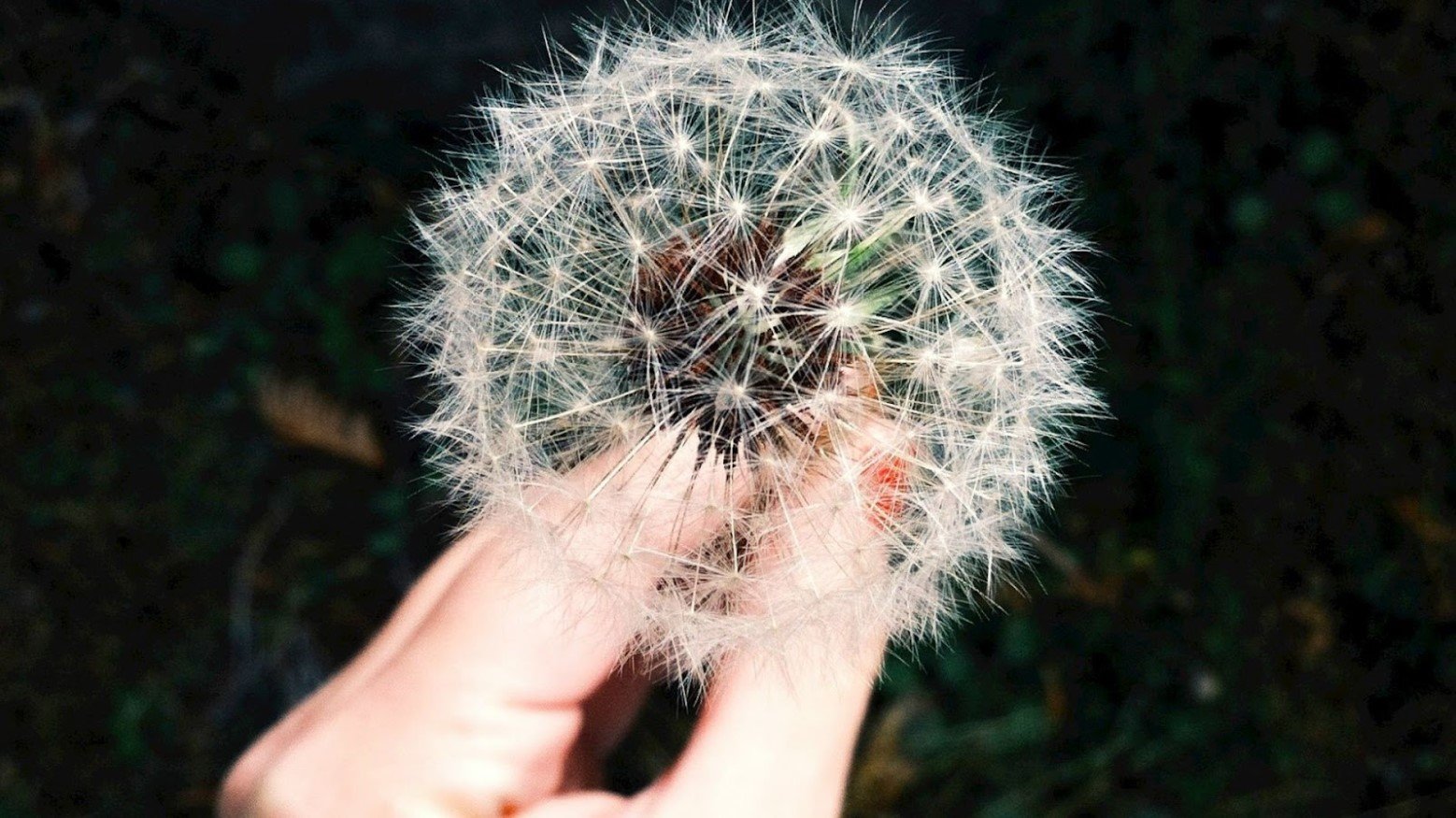
New areas around the world are also getting pollen — even if they didn’t see a high amount of it in past years. Studies reveal this is also because of climate change and rising temperatures.
Pollen in new geographical locations may also be the result of changing precipitation patterns. If certain trees or plants appear because of these factors, pollen may appear as well.
Pollen in New Regions
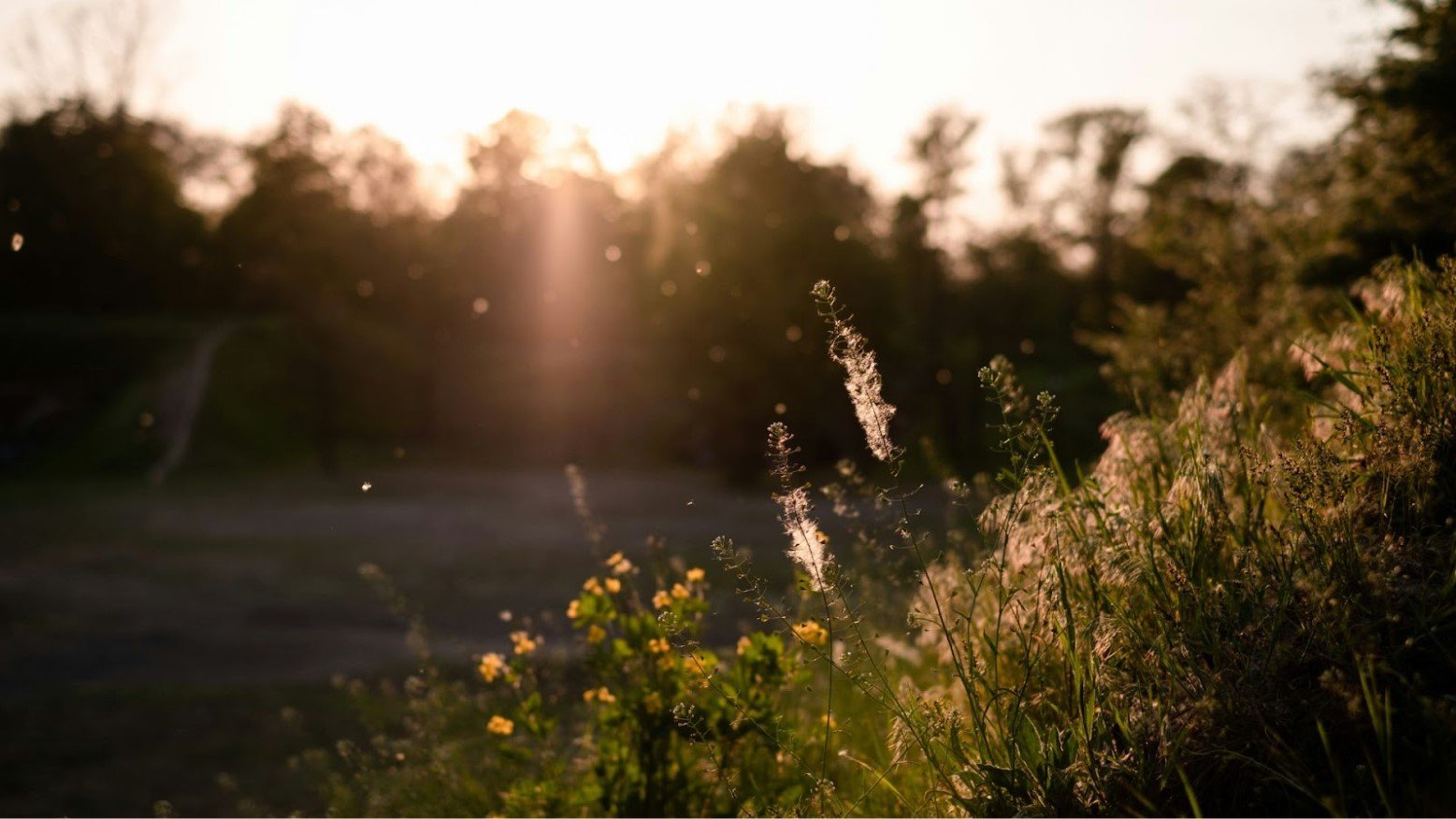
Therefore, if this pollen is showing up in new places around the United States where it never has before, locals of these areas may be developing allergies they never had to deal with.
Residents in these locations may not have ever even thought about seasonal allergies. But now that these particles are in the air, their bodies are attempting to adjust — and allergy symptoms may develop.
What to Do if You Have Seasonal Allergies
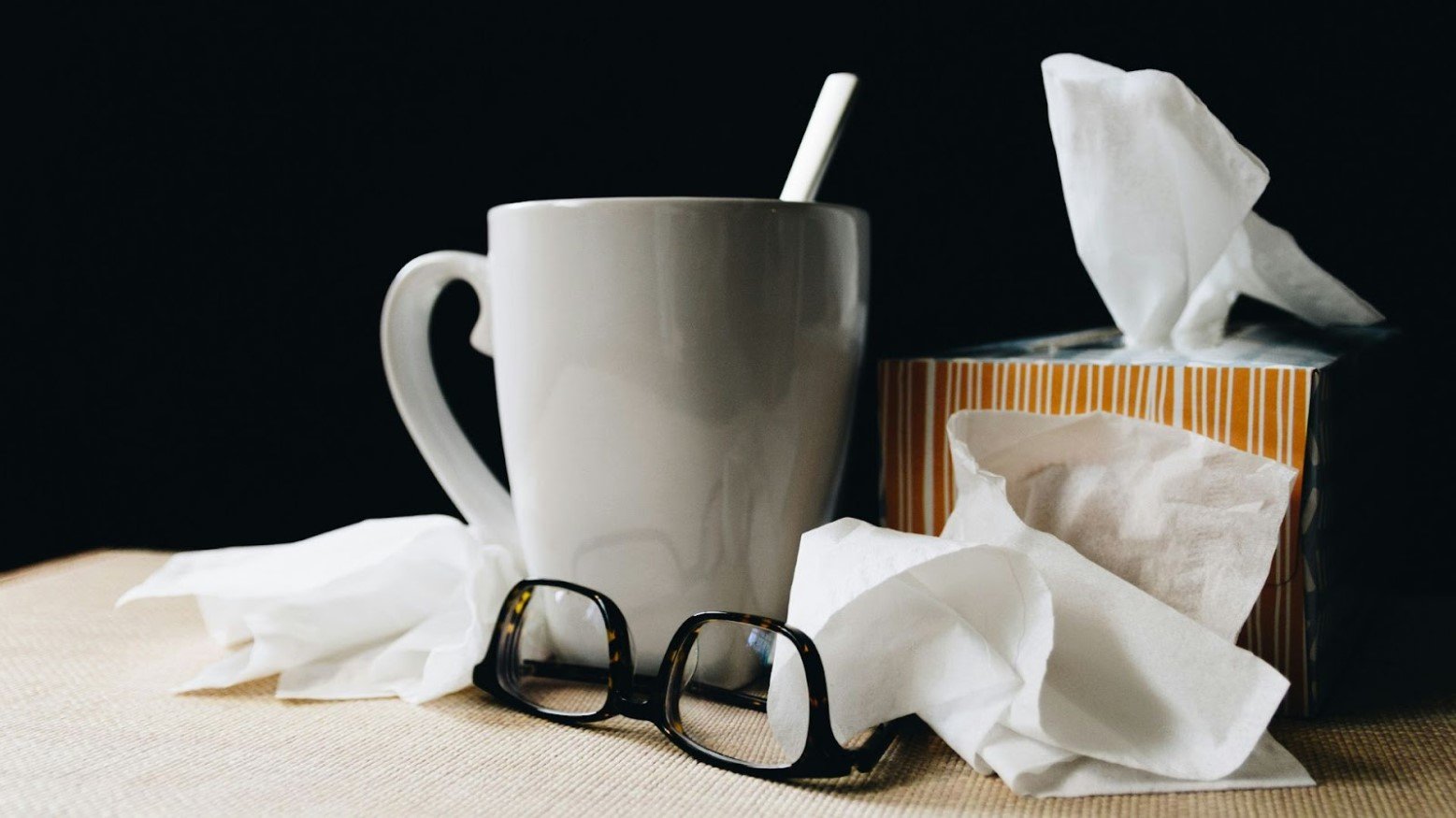
If you have particularly severe seasonal allergies, make sure you’re taking the accurate medications or nasal sprays you need. It may also help to check the pollen count in your local area to understand what you can expect from the day.
If the pollen count is high, try to stay inside as much as you can. Avoid being outside when it’s particularly windy.








































